Зарегистрируйтесь на getAbstract, чтобы получить доступ к этому краткому изложению.
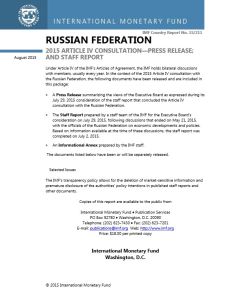
Зарегистрируйтесь на getAbstract, чтобы получить доступ к этому краткому изложению.
International Monetary Fund
Russian Federation
IMF, 2015
Что внутри?
Economic sanctions and a low oil price have laid bare structural inefficiencies in the Russian economy.
Recommendation
The long-term downward trend in the price of oil, along with geopolitical tensions, has added to Russia’s economic troubles. Notwithstanding its partially successful efforts to maintain financial market stability, Russia will have to implement long-delayed reforms to rebuild the economy’s buffers. This expert examination of the country’s economy, a recap of the International Monetary Fund’s recent bilateral discussions with Russian authorities, is accessible to a generalist audience but detailed enough for economists and analysts. getAbstract recommends it to executives looking for a quick yet fairly comprehensive review of Russia’s present-day issues and future challenges.
Summary
About the Author
The International Monetary Fund advises member nations on policy issues and works to promote economic stability and well-being.










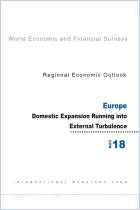

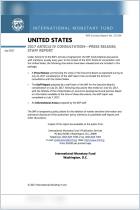
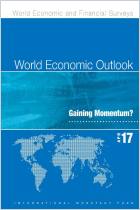
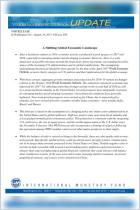



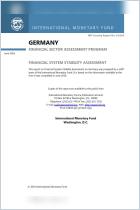

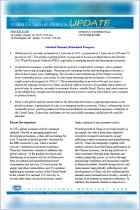
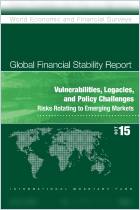




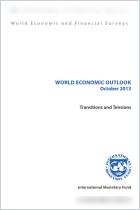


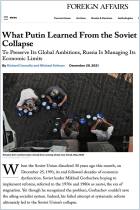




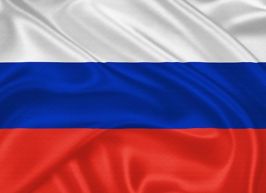



Comment on this summary